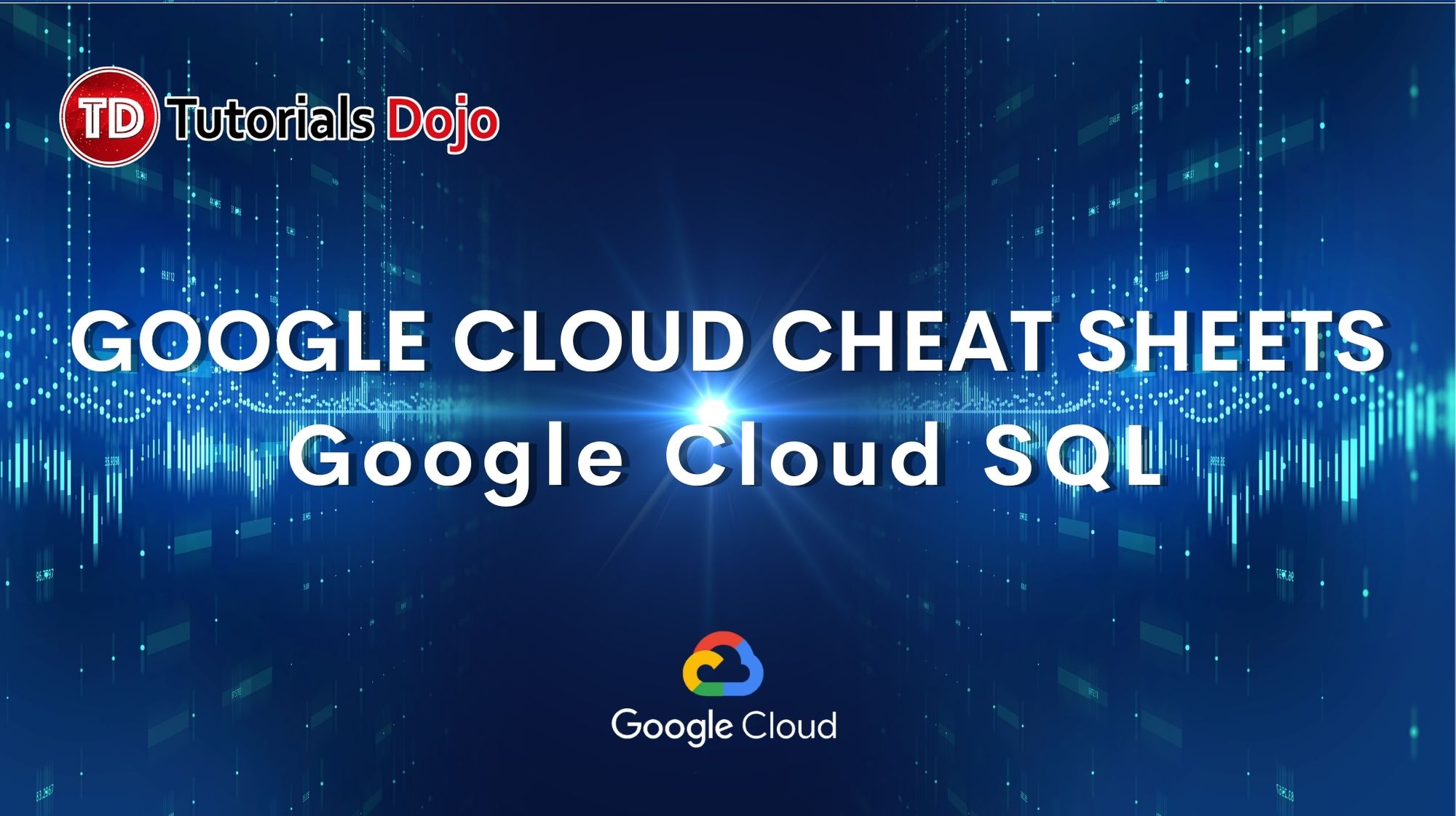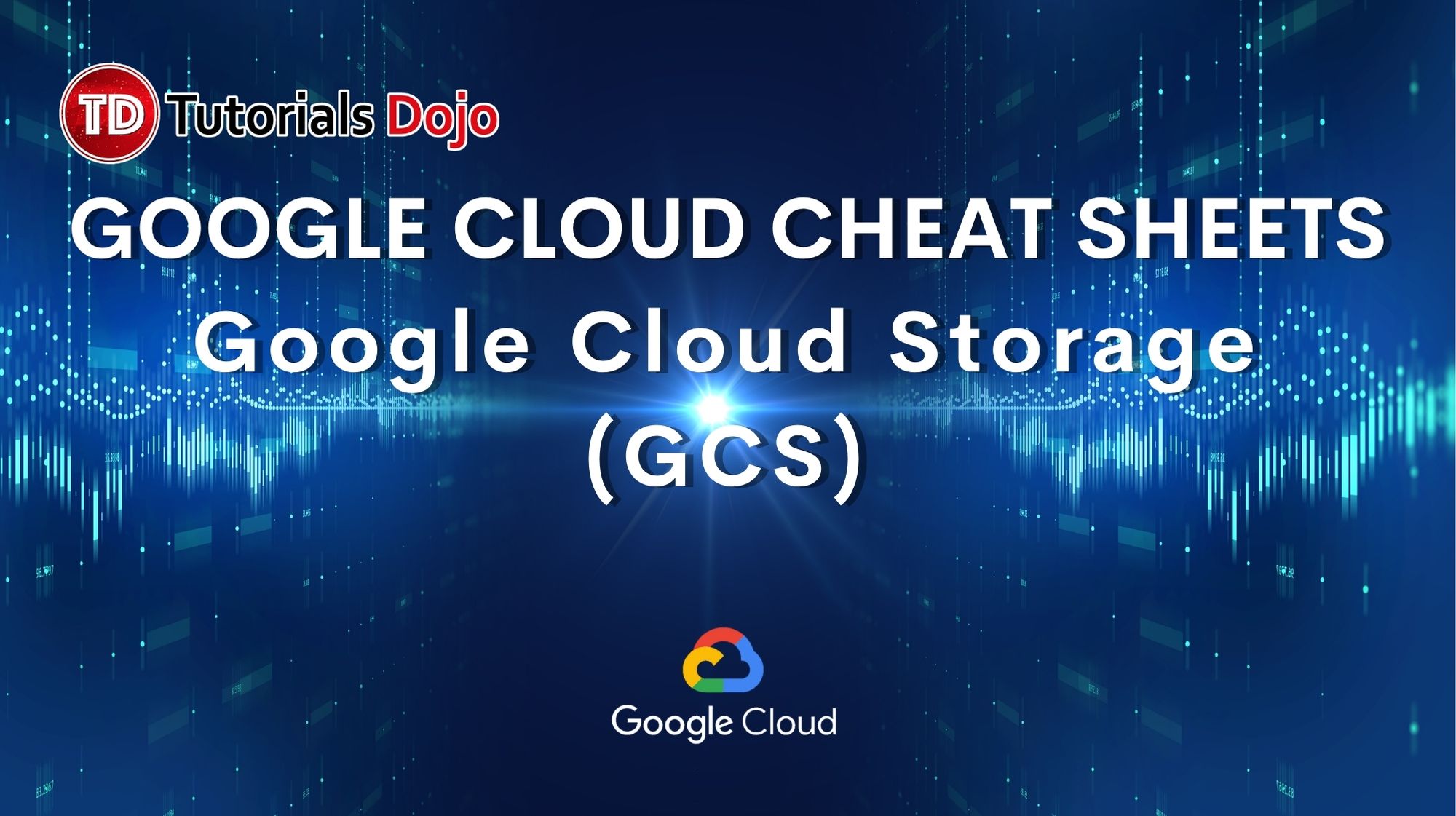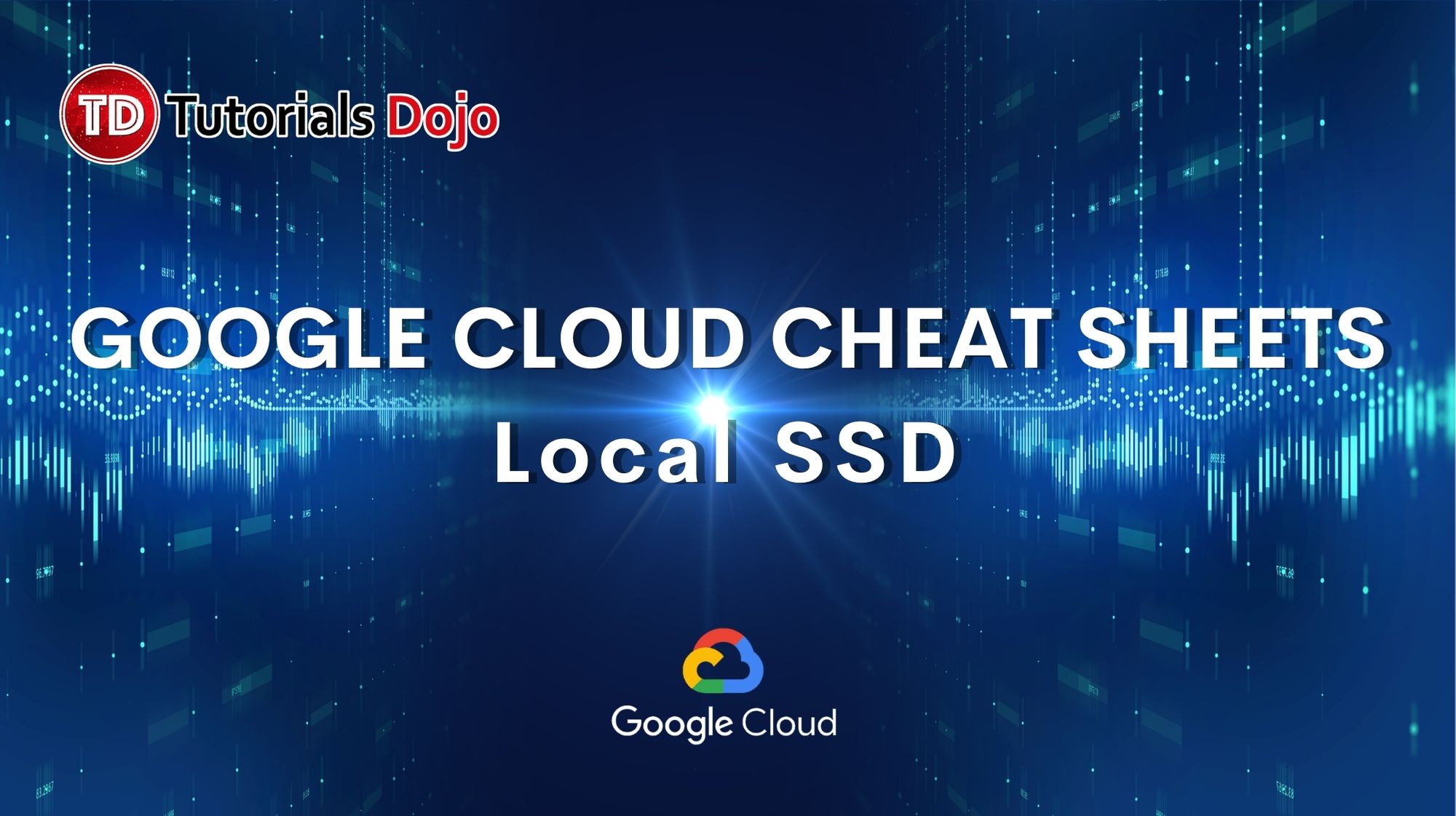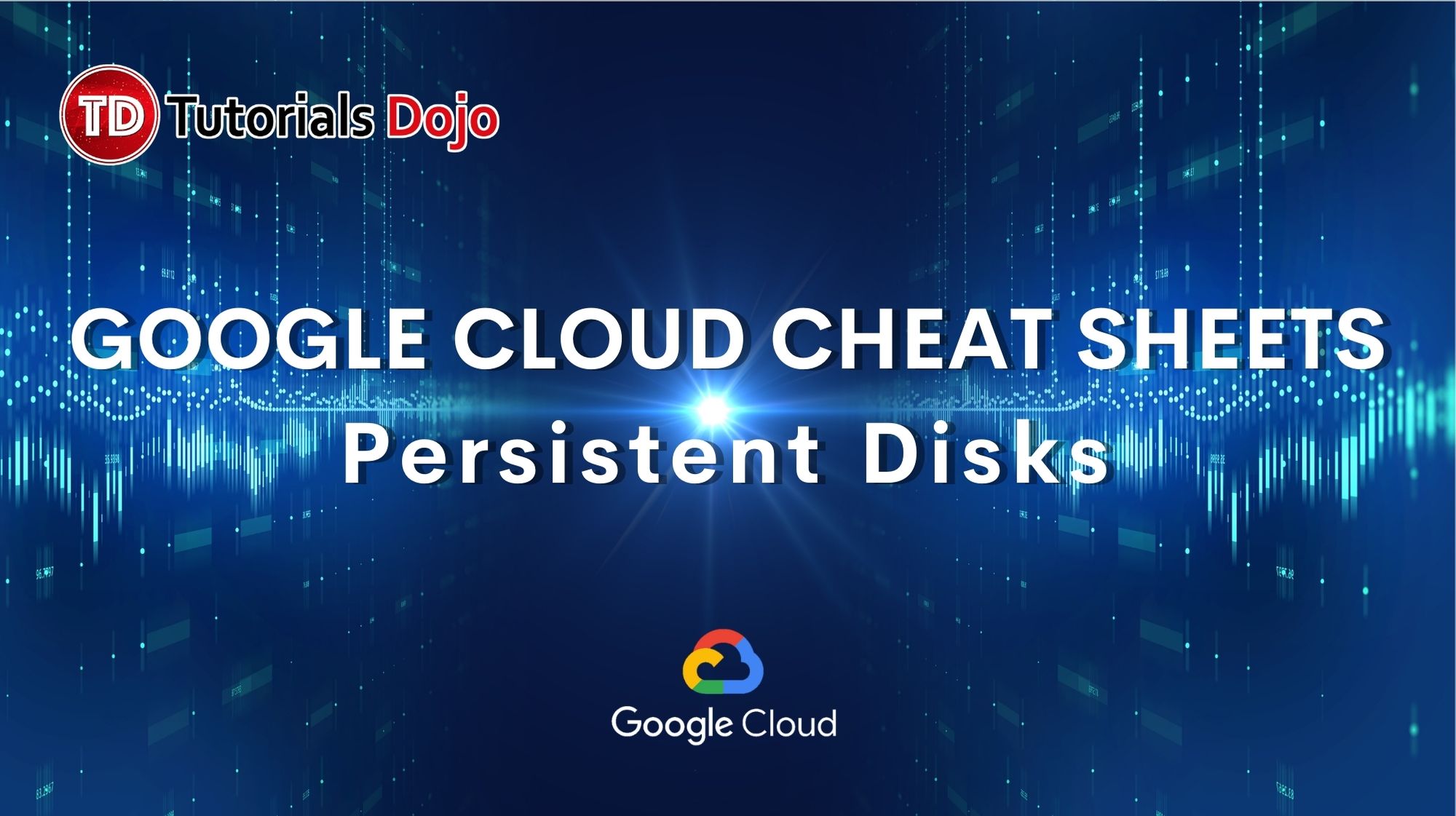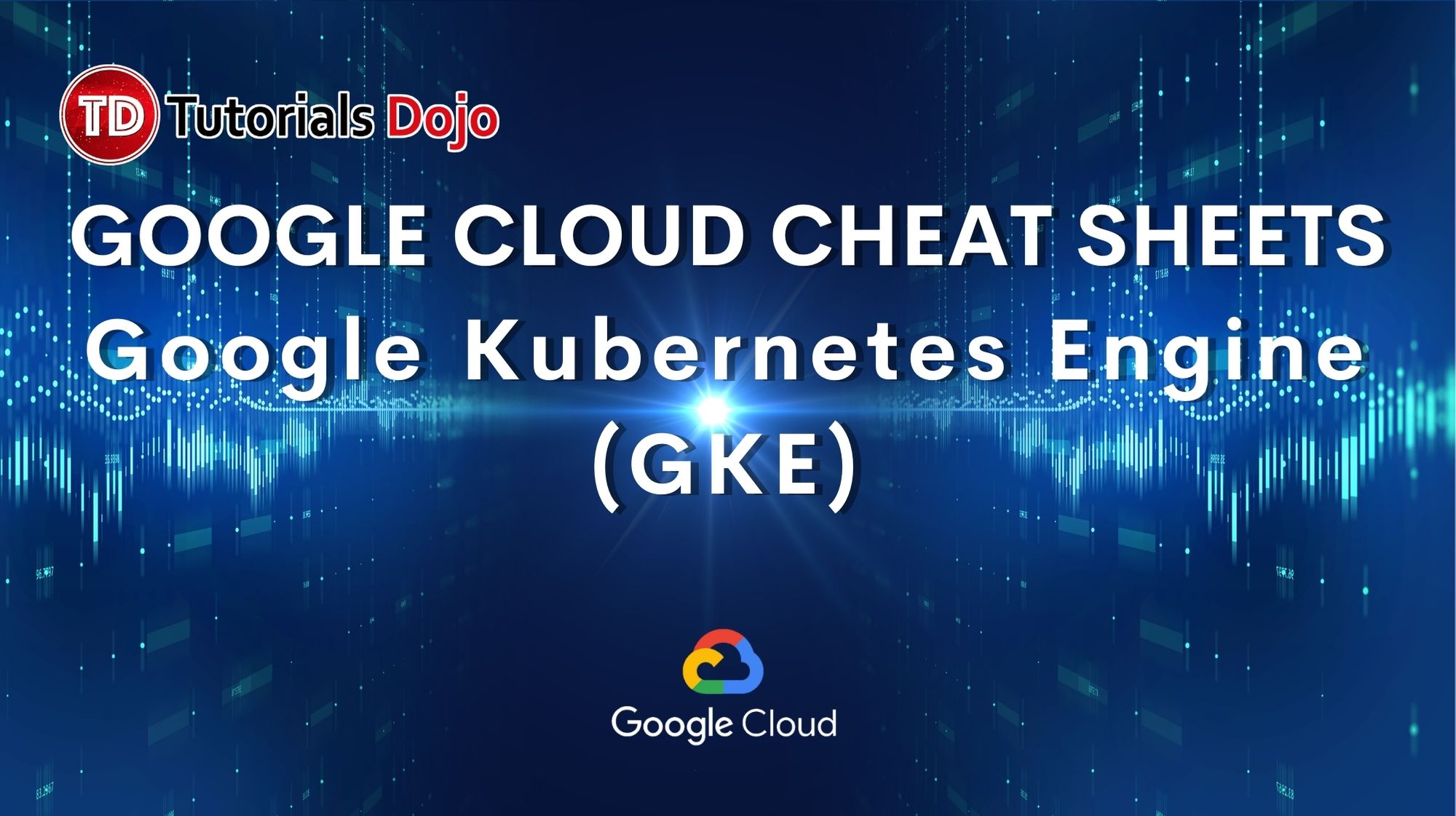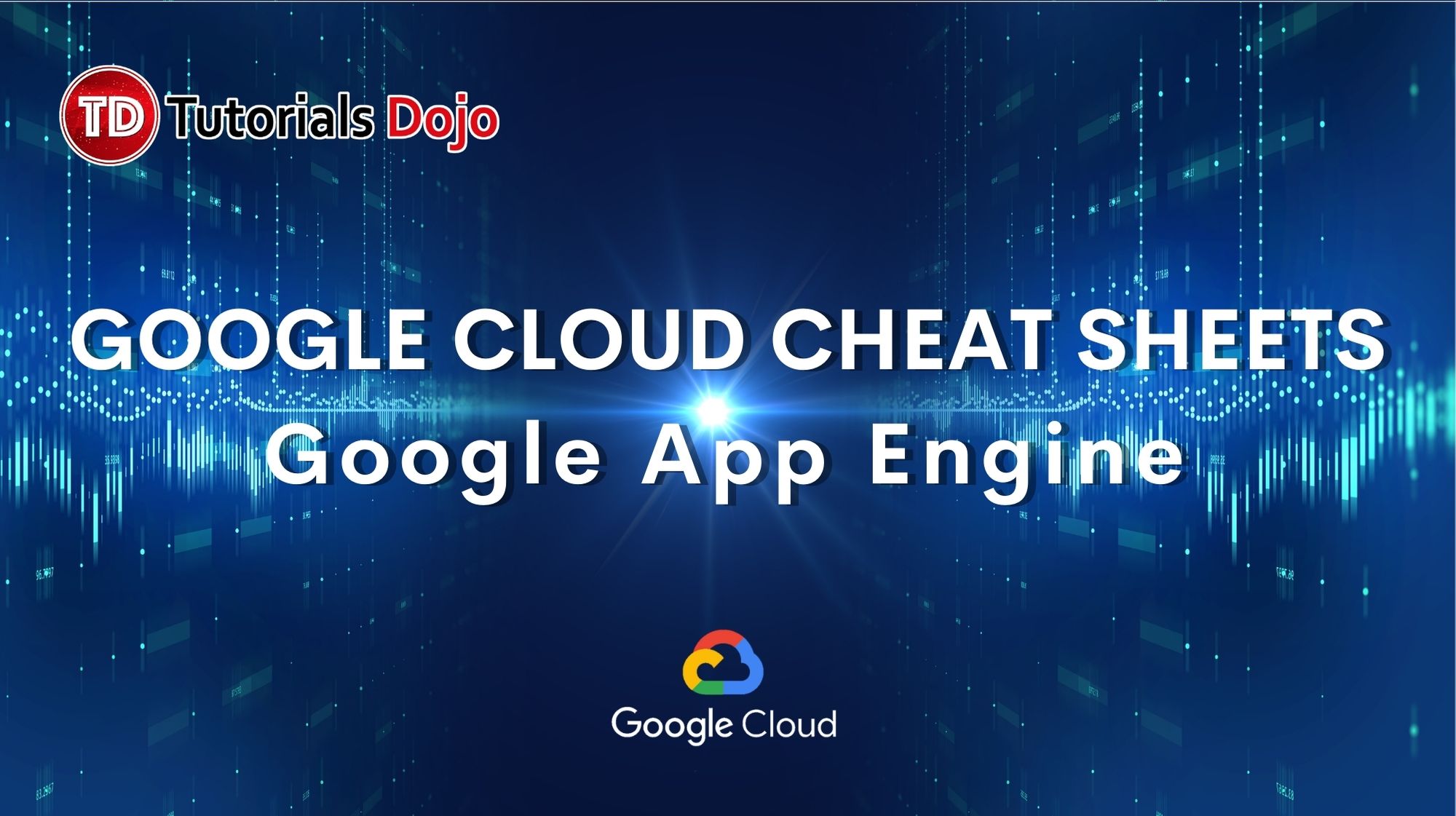Google Cloud Functions
Jon Bonso2023-03-25T15:16:54+00:00Google Cloud Functions Cheat Sheet A pay-as-you-go function as a service (FaaS) to run your code with zero server management. Features There is no need to provision, manage, or upgrade servers. Cloud Functions can be written using: Node.js Python 3 Go Java Automatically scales based on load without thinking about the infrastructure. Built-in security at role and per function level based on the least privilege principle. Allows you to trigger your code from Google Cloud, Firebase, and Google Assistant or call it directly from any web, mobile, or backend application via HTTP. To act on events, you shall define a [...]



